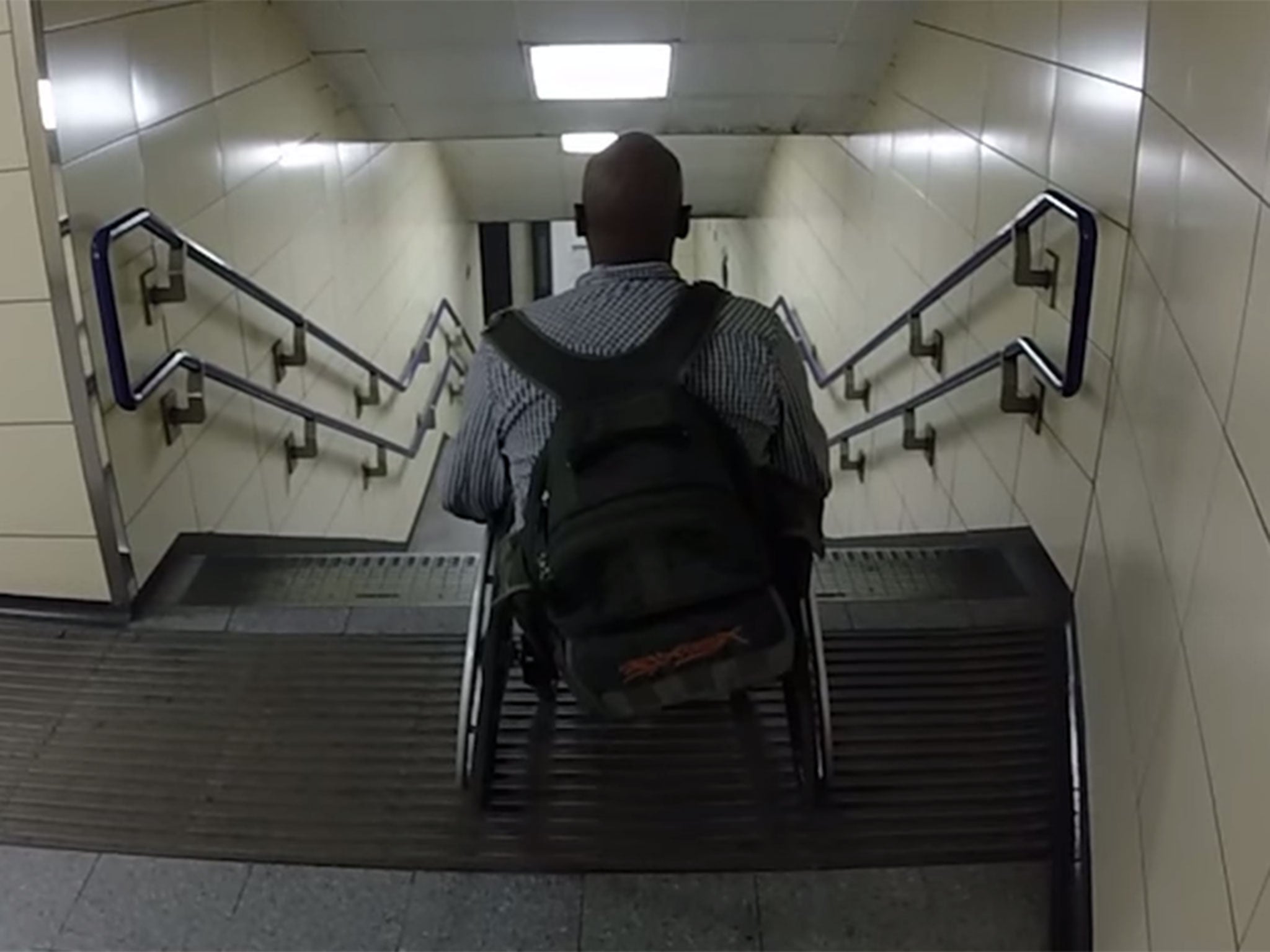Don't be fooled by the PR offensive - these disability cuts look set to be savage
And that's before we even get to the human cost


While millionaires got a tax cut, a disproportionate burden of the last five years of austerity has landed on the backs of the young and the disabled.
Things may be about to get a whole lot worse. A further 30 per cent looks set to be lopped off the budget of the Department for Work & Pensions, which is responsible for providing much of what remains.
If history is anything to go by, we are currently in the process of a softening-up exercise. Over the coming days we will be treated to a series of scare stories about the worst that could happen. Ministers will reportedly be engaged in fighting rear-guard actions against an all-powerful Treasury bent upon savage cuts.
When the final outcome is revealed we’ll be expected to say “phew, well that’s not so bad, is it”.
Don’t be fooled. Even if the figures being bandied about prove to be at the outer edge of what is being contemplated in Whitehall, it’s hard to see how the Treasury’s demand for welfare cuts will be achievable without once again kicking a group that is already down.
Want an example? Let me point you to people the Employment Support Allowance Work Related Activity Group. These are claimants whom the Department for Work & Pensions considers will be capable of work at some time in the future and who are capable of taking steps towards into work-related activities.
They now face a £30 per week cut in their payments, to reduce them to same level as Jobseeker’s Allowance. Disability charity Scope fears this may seriously damage the financial resilience of these people not least because if you have disabilities you tend to be out of work for longer than your non-disabled counterparts. In other words, the economy gained from cutting the payment may prove to be a false one.
Or how about disability living allowance/personal independence payments? These are supposed to have been ring fenced from being taxed or means-tested, because they are designed to compensate people for extra costs imposed upon them by society, and thus to level the playing field with their able-bodied fellow citizens.
However, there are already concerns that the eligibility criteria will be further tightened as the DWP struggles to find the savings it needs to comply with the Treasury’s demands. If this happens - and there are very real concerns among disability organisations that it will - many people who rely on these payments to get them into work may be left high and dry because public transport isn’t an option for them (try using the tube in a wheelchair if you don’t believe me).
In both cases, the Government is in effect acting against its laudable, and economically rational, aim of reducing the appalling (50 per cent) rate of unemployment among disabled people, before we’ve even discussed the issue of employers making “reasonable judgements”, which too many are less than keen to offer.
You’ll note, of course, that I’ve been talking of economics and of percentages and of numbers. I’ve not gone into the human cost of cuts. It hardly bears thinking about. Living with disabilities is battle. We need to get to a situation where those of us who are fighting it can do so without having our crutches kicked away, the tyres of our wheelchairs punctured or our guide dogs shot by a Government’s economically questionable obsession with austerity.


Join our commenting forum
Join thought-provoking conversations, follow other Independent readers and see their replies